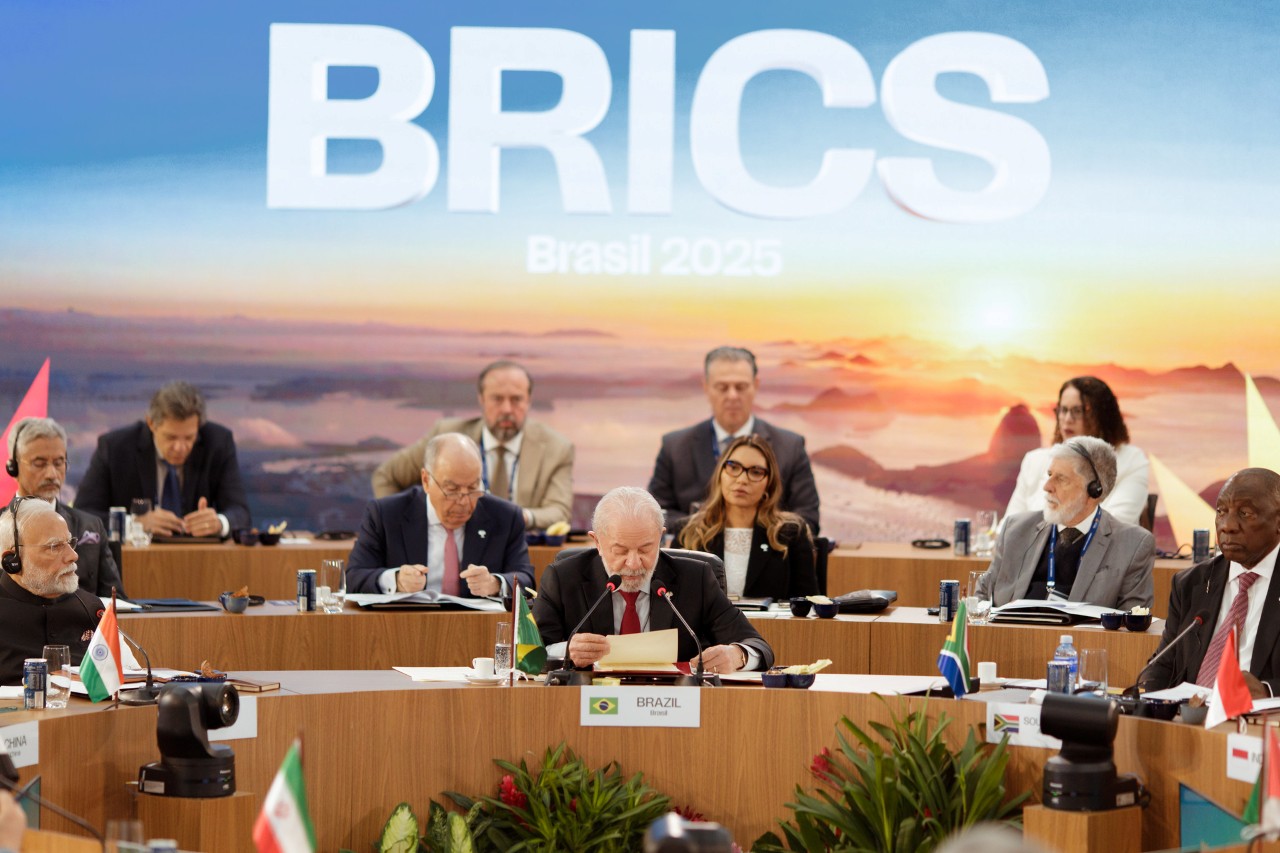"Artificial intelligence must not be a privilege for the few, nor a tool of manipulation in the hands of millionaires," declared Lula at the BRICS Summit
Leaders signed a declaration outlining guidelines to ensure that access to artificial intelligence is fair, equitable, inclusive, and accessible to all countries, regardless of their level of economic development

By Maiva D’Auria / BRICS Brasil
This Saturday, July 6, during the 17th BRICS Summit, the heads of state of BRICS member countries signed the Leaders’ Declaration on Global Governance of Artificial Intelligence. The document sets forth a series of guidelines aimed at promoting the responsible development, deployment, and use of AI technologies to support sustainable development and inclusive growth.
According to the document, access to artificial intelligence technologies must be fair, equitable, empowering, and inclusive. All countries, regardless of their stage of economic development, have the right to benefit from, develop, and utilize this emerging technology.
“New technologies must operate under a governance model that is fair, inclusive, and equitable. The development of AI must not become a privilege for a handful of countries, nor a tool of manipulation in the hands of millionaires,” said President Luiz Inácio Lula da Silva during the opening address of the day’s second plenary session.
With the adoption of the declaration, leaders recognized artificial intelligence as a unique opportunity to drive progress toward a more equitable future—promoting innovation, increasing productivity, advancing sustainable practices, and improving lives across the globe in tangible ways. At the same time, they emphasized the need for AI to mitigate risks and respond to the needs of all countries, particularly those of the Global South.
The document further acknowledges that while the collaborative governance of artificial intelligence is complex, it remains achievable. In line with the established principles, a network of relevant stakeholders—from both developed and developing countries—should contribute their unique knowledge, perspectives, and resources, each within their respective roles and responsibilities.
With regard to digital sovereignty, the countries affirm the right of all nations to reap the benefits of the digital economy and emerging technologies—particularly artificial intelligence—while upholding fundamental rights. They further underscore the importance of ensuring that each country may:
establish its own regulatory frameworks;
- build capacity in AI research;
- foster technological autonomy and innovation;
- protect data; and
- stimulate its digital economy.
The declaration also highlights priorities such as strengthening infrastructure, investing in local talent, and protecting citizens from the potential risks of AI.
The summit, which continues through Sunday, July 7, at the Museum of Modern Art in Rio de Janeiro, is also expected to produce the BRICS Leaders’ Framework Declaration on Climate Finance and the launch of the BRICS Partnership for the Elimination of Socially Determined Diseases.
English version: Tadeu Azevedo (POET/UFC)
Proofreading: Michel Emmanuel Félix François (UFC)